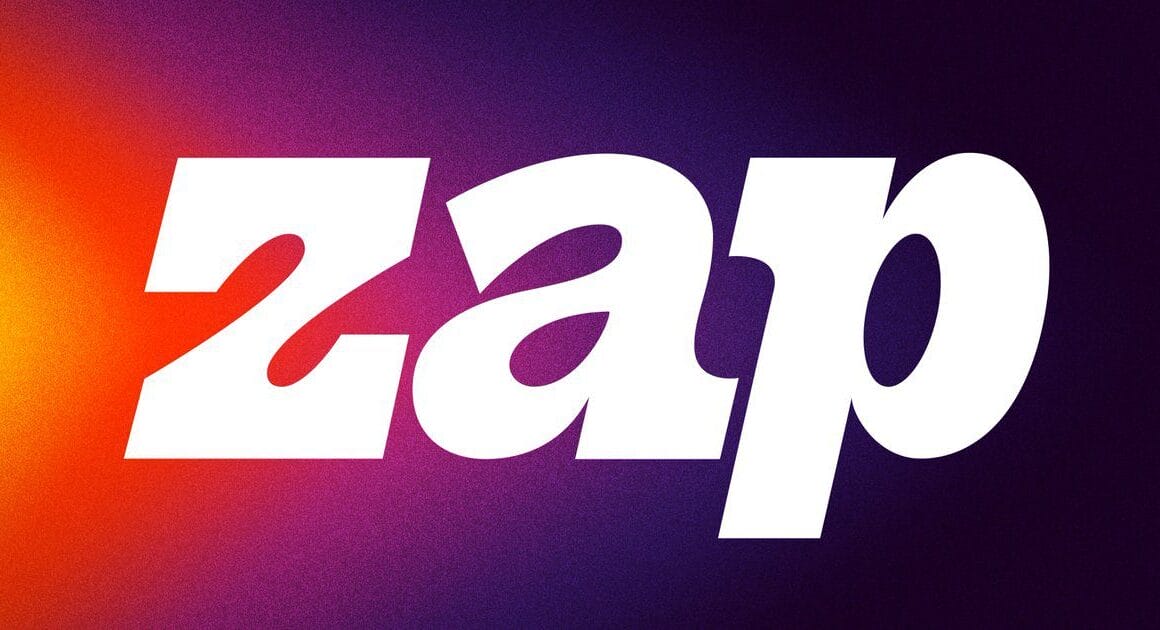The Central Bank of Nigeria has slammed a ₦250 million (approx. $190,000) fine on Paystack,, for allegedly operating beyond the limits of its regulatory licence. At the center of the controversy is Zap by Paystack, the company’s recently launched peer-to-peer payment app.

What’s the Issue?
Launched in March 2025, Zap is Paystack’s bold entry into the consumer payments space. But according to a person with direct knowledge of the matter, the Central Bank of Nigeria (CBN) believes Zap functions like a wallet, a digital product that stores and allows the transfer of funds. The catch? Paystack does not hold a licence to operate a wallet.
Paystack currently holds a switching and processing licence, which allows it to route transactions between banks and institutions. However, it cannot hold customer deposits, a privilege limited to banks or fintechs with a microfinance licence.
“Paystack is working closely with the regulator as they further review Zap, and out of respect for the process, we won’t be making any public comments at this time,” a company spokesperson told TechCabal.
Does Zap Store Funds?
Interestingly, Zap does not store user funds directly. Instead, Paystack reportedly partners with Titan Trust Bank, a licensed institution, to manage deposits. Despite this workaround, the CBN views Zap’s operations as in conflict with the terms of Paystack’s licence, hence the penalty.
A First for Paystack
This ₦250 million fine is Paystack’s largest publicly known sanction since gaining CBN approval in 2016. The move is a clear signal from the CBN that it is stepping up enforcement as fintechs explore new, often consumer-facing products.
Zap’s entry into the market was seen as a strategic shift for the Stripe-owned company, traditionally focused on business-to-business (B2B) payments. But the launch has not been smooth. The product also faces a trademark dispute from Zap Africa, a crypto startup that claims Paystack infringed on its name.
A Tough Year for Nigerian Fintechs
The Paystack fine comes amid heightened regulatory scrutiny. In recent months, the CBN has increased oversight of fintechs—especially around Know Your Customer (KYC) compliance and customer onboarding processes.
Earlier this year, both Moniepoint and OPay were fined ₦1 billion each for various compliance breaches. It’s a reflection of the regulator’s tough stance on maintaining financial stability and trust in the digital finance space.
The Paystack Zap CBN fine highlights the tightrope fintechs must walk when launching new products in Nigeria’s heavily regulated financial environment. As digital finance grows rapidly, so too will the regulators’ watchful eyes especially on firms blurring the lines between permitted services and innovation.






